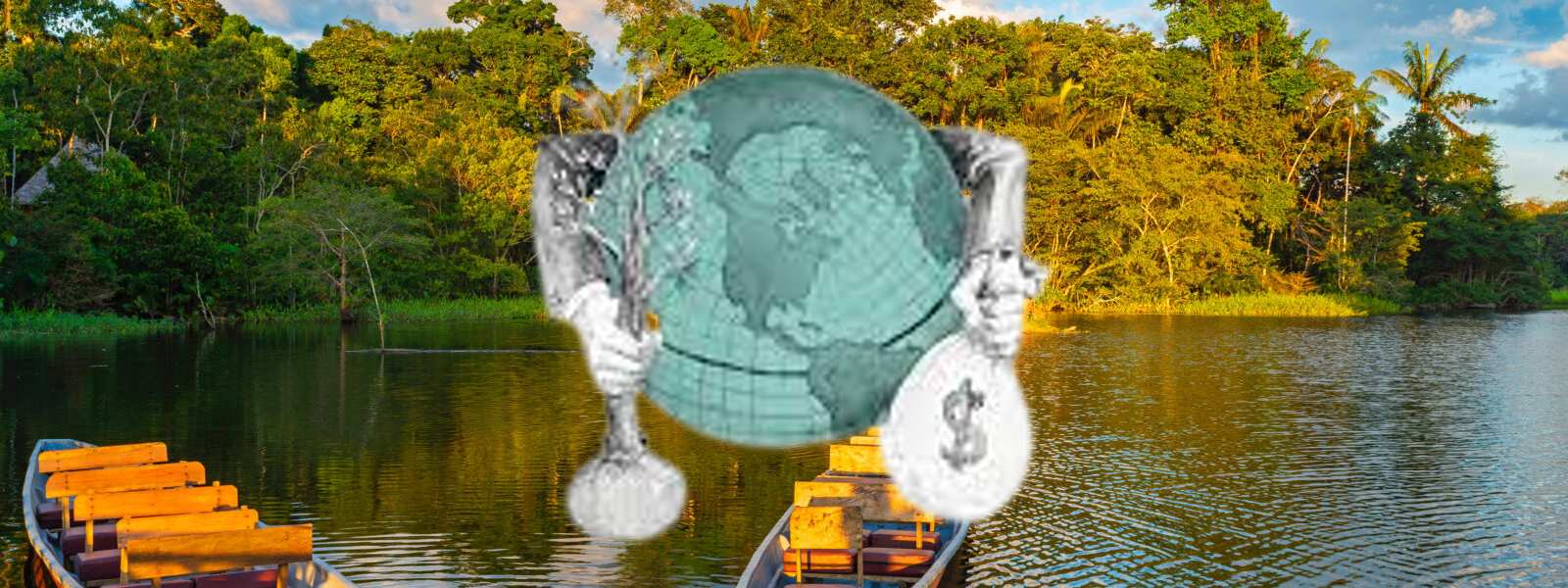.webp)

Will Sri Lanka opt for debt-for-nature swap deal?
COLOMBO (News 1st) - Countries with large debt burdens are losing even more capital due to climate shocks, and shrinking their fiscal space, and these countries are now looking for other options to ease their burden.
Some of these countries are now opting to switch to a debt-for-nature swap deal, which is an arrangement whereby a foreign debt owed by a developing country is transferred to a particular organization, typically in return for the country's committing itself to specified conservation measures.
These can be trumped up countries, including Sri Lanka, which has been discussing a deal of up to $1 billion according to people familiar with those talks.
Cape Verde, an archipelago nation off West Africa, is meanwhile close to a nature swap that could be worth up to $200 million, said Jean-Paul Adam, a former Seychelles government official who now works for the U.N. Economic Commission for Africa (UNECA), providing financing advice to governments.
The potential deals for Ecuador, Sri Lanka and Cape Verde, reported here in detail for the first time, point to a jump in interest for this form of financial alchemy, which was conceived decades ago but has remained something of a niche area until recently.
Only three of over 140 or so swaps struck over the past 35 years - the first in 1987 - had a value of more than a quarter of a billion dollars, according to global data published by the African Development Bank. The average size was $26.6 million.
The combined value of swap deals to date is $3.7 billion, according to the data. That's a fraction of the $400 billion of emerging market sovereign debt analysts at Capital Economics recently estimated had fallen to distressed levels.
Advocates say that those current debt problems, combined with the growing political will and the recent successful swap deals in the Seychelles, Belize and Barbados, mean a swathe of other countries are now exploring the model.
The Ecuadorian, Sri Lankan and Cape Verde governments didn't respond to requests for comment for this story, although Ecuadorian President Guillermo Lasso said in an local newspaper on Oct. 12 that its Galapagos swap deal could be wrapped up in four or five weeks.
In 1984, World Wildlife Fund [now the World Wide Fund for Nature] (WWF) initiated the debt-for-nature swap as a mechanism for enhancing conservation efforts in developing countries.
The idea arose from the observation that much of the world's biological diversity is harboured in the same countries that face the greatest financial strain from foreign debt burdens.
Debt-for-nature swaps leverage funds for use in local conservation efforts, based on the model of debt-equity swaps - in which private sector interests buy discounted debt and exchange it for local currency investments in the indebted country.
While debt-for-equity swaps did provide the initial outline for the financial mechanism, debt-for-nature swaps have a very different purpose.
A debt-for-equity swap is used to generate profits for the investor. A debt-for-nature swap does not seek profit, but rather to provide additional funds for conservation activities within a country. The debt-for-nature swap differs in that there is no transfer of ownership or repatriation of capital to a foreign investor
The Galapagos Islands, whose thousands of unique species inspired Darwin's theory of evolution, have incalculable ecological value, are now worth around $800 million, judging by the size of a "debt-for-nature" swap deal that could see Ecuador's debts cut in exchange for protecting its offshore territory's fragile ecosystem.
Compiled from Reuters, COP27, Agencies
Other Articles
Featured News





.png )


-819776_550x300.jpg)
-819770_550x300.jpg)
-819764_550x300.jpg)





-819380_550x300.jpg)


-812087_550x300.jpg)
-810262_550x300.jpg)
















.gif)